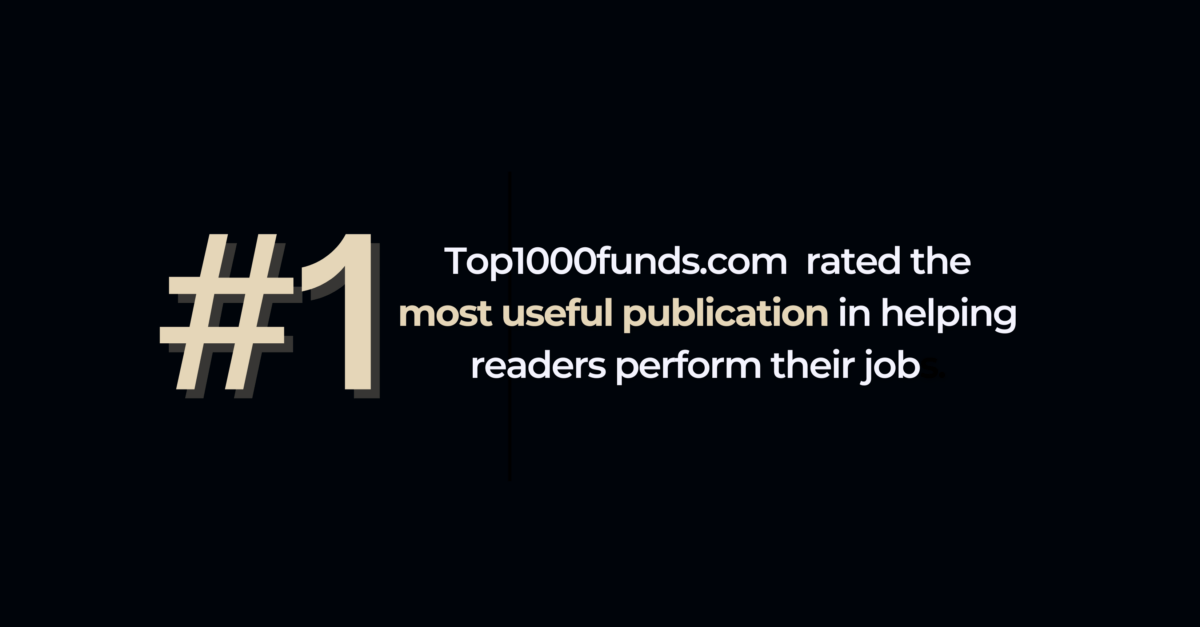According to academic research analysed by the Mercer Responsible Investment business unit in its latest report, there is a growing engagement by the investment community in responsible investment, just as the link between environmental, social and governance issues and performance proves to be a positive relationship. Amanda White spoke with Helga Birgden, head of responsible investment, Asia Pacific about the research, and the growing awareness by managers that ESG factors are a genuine source of alpha.
If academic evidence is conclusive, then it appears that environmental, social and governance issues have a positive impact on performance.
A new report by the Mercer Responsible Investment unit, Shedding light on responsible investment: approaches, returns and impacts, analyses 16 contemporary academic studies that examine that link, finding that 10 of the studies showed a positive performance between ESG and performance.
Helga Birgden, head of responsible investment for the Asia Pacific and one of 16 globally to specialise in this area at Mercer, says overall there is more agreement about the correlations between responsible investment and performance, but divvying up the contributors to that performance is part of the challenge.
This latest report shows a variety of factors such as manager skill, investment style and the time period are integral to how ESG factors translate into investment performance.
While there is a tendency for ESG factors to impact performance more steadily over longer time frames, it is inconclusive as to whether any particular style of manager influences the outcome.
“The way we rate managers is not to be box picking, it’s not a box ticking compliance type exercise. But we would say it is not sitting in one style, so it’s a genuine competitive edge and genuine source of alpha,” she says.
Mercer has a tool that it uses in its manager rating to look at what the ESG factors are and how they affect performance.
“We look at things like how managers integrate ESG into idea generation in stock picking, how it comes into portfolio construction such as a filter or its weightings, and then how is it implemented so looking at the active bets and how they are monitored and measured,” she says. “What is interesting is increasingly managers are developing their own investment research, they customise outsourced information or are more active in their own research.
“They are also using good broker research particularly around thematic issues like water which is leading to idea generation.”
Mercer also recently completed a study on the positive link between ESG and performance in emerging markets.
“Out of 50 manager research meetings, one of the best rated was a Chinese manager which was really integrated. This shows there is not a particular style or region in which managers operate or invest which dictates this but that that the academic studies are showing more engagement in the investment community.”
She says in addition to growing pressure from asset owners that the wider risk factors not normally part of the process, such as carbon and climate change, are being considered, there is also the broking community conducting good research and the managers are taking ownership.
One area for improvement is that most studies focus on the link between ESG and equities, but new research in fixed income and property is emerging.
Mercer is also undertaking a global project on climate change looking at the relationship between climate change and investment implications. The research is a thought-leadership position as well as an examination of the financial and economic modelling around risk.


